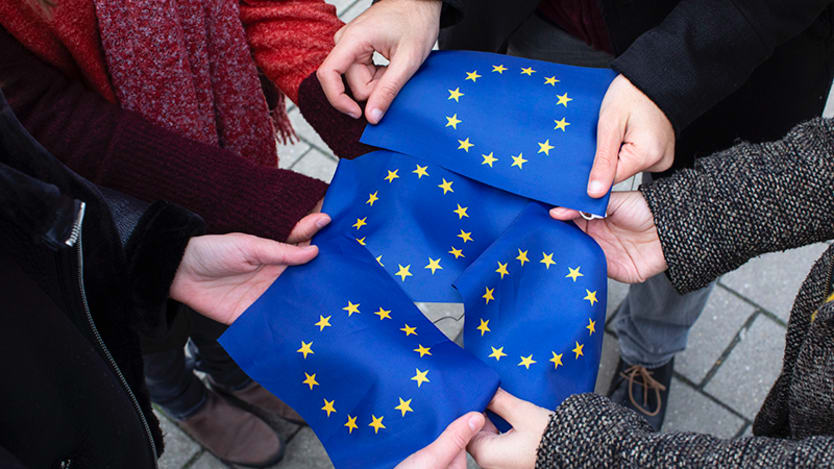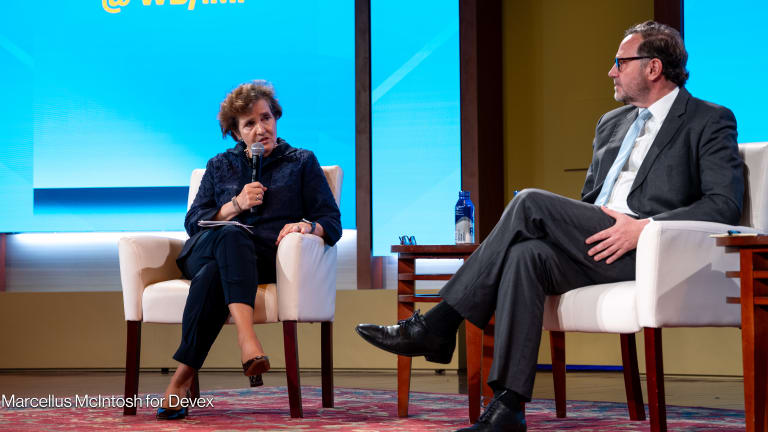
BRUSSELS — A clear majority of Europeans still think it is important to help lower-income countries, but public support slipped on a range of development issues in the past year, according to new data.
A Eurobarometer survey of 27,464 people conducted in June and published Wednesday found that 73% think aid spending by the EU and its member states — amounting to €74.4 billion ($98 billion) last year — should either stay the same or increase, compared to 77% who held that view last year. In addition, 86% say it is important to help people in developing nations, down from 89% in the past three years. The largest decreases in those saying it is important to help came in Slovakia and Czechia, both dropping 10 percentage points, and Romania, down 9 points.
In a press release, Neven Mimica, the outgoing EU development commissioner, said the survey showed that citizens supported his priorities, including “strengthening partnerships” with Africa, and “bringing in more private investments.”
Three-quarters of those polled think private companies should have an important role in sustainable development. But only 22% said private companies should have a very important role — a drop of 10 percentage points since the question was first asked last year.
Fabrice Ferrier, director of Focus 2030, a French non-profit tracking citizens’ awareness of the Sustainable Development Goals, argued that the Eurobarometer question on the private sector was an attempt to legitimize the EU’s own political decision to try and stimulate private investment, without considering the possible negative impact that businesses could have on development.
Others across the continent were also less than comforted by the latest Eurobarometer findings. In Poland, the percentage of those who think aid spending should be cut rose seven points to 17% in the past year, with those saying it is important to help people in developing countries down five points to 86%.
Jan Bazyl, executive director of civil society platform Grupa Zagranica, told Devex the “very worrying” results could be partly a result of xenophobic views from the ruling populist party, Law and Justice, being reflected in Polish public media. He noted, “you can also observe this downward trend in a number of countries so I guess it is more or less in line with what is happening throughout Europe,” citing Vox in Spain, the True Finns, and Alternative für Deutschland, AfD, in Germany.
Despite the EU’s recent rhetoric on using development aid to tackle migration, the survey found that Europeans are slightly less likely to think financial assistance is an effective way to tackle irregular migration than they were in 2015.
For Rilli Lappalainen, founder of Bridge 47, a global coalition of mostly civil society groups, working toward SDG 4.7 on promoting knowledge around sustainable development, the survey was not asking all the right questions.
“Mere support for development cooperation isn't enough,” he said. “The true need is that we understand Agenda 2030, including all global phenomena and everyone’s role and responsibility to contribute to the solutions."
Read more on public opinion about aid:
► Special feature: American public opinion on aid in the Trump era
► Bad news: How does media coverage affect public attitudes toward aid?
► Top UK aid storyteller on the communications crisis
► Barack Obama on how to convince a nation that development is a bargain








